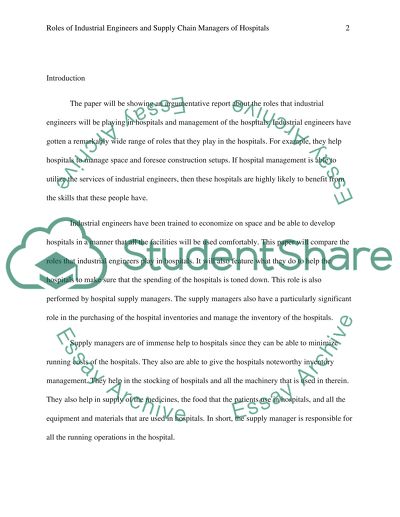Cite this document
(“Roles of Industrial Engineers and Supply Chain Managers of Hospitals Essay”, n.d.)
Retrieved from https://studentshare.org/english/1397880-roles-of-industrial-engineers-and-supply-chain-managers-of-hospitals
Retrieved from https://studentshare.org/english/1397880-roles-of-industrial-engineers-and-supply-chain-managers-of-hospitals
(Roles of Industrial Engineers and Supply Chain Managers of Hospitals Essay)
https://studentshare.org/english/1397880-roles-of-industrial-engineers-and-supply-chain-managers-of-hospitals.
https://studentshare.org/english/1397880-roles-of-industrial-engineers-and-supply-chain-managers-of-hospitals.
“Roles of Industrial Engineers and Supply Chain Managers of Hospitals Essay”, n.d. https://studentshare.org/english/1397880-roles-of-industrial-engineers-and-supply-chain-managers-of-hospitals.


